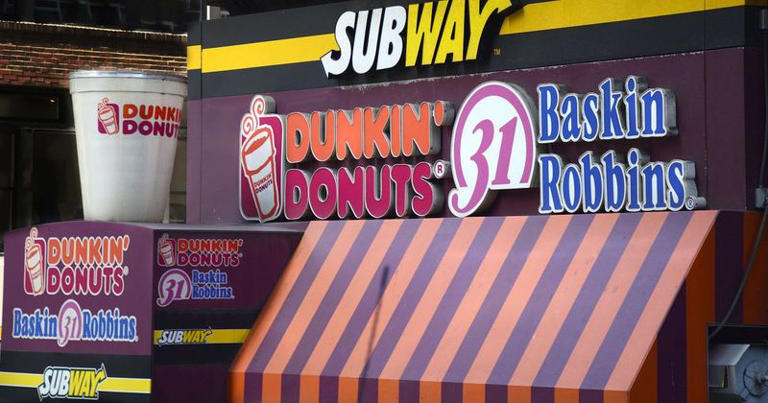The recent implementation of a $20 minimum wage law for fast-food workers in California has sparked widespread discussion and debate, as it represents a significant shift in labor standards and has tangible effects on both consumers and businesses. This new legislation, championed by Democrats in the state Legislature, aims to uplift workers by ensuring a more equitable wage, particularly for those in the fast-food industry, where wages have historically been lower compared to other sectors.
However, the repercussions of this law are palpable, particularly in the realm of fast-food pricing. As a result of the mandated wage increase, fast-food chains across the state have been forced to adjust their menu prices in order to cover the higher labor costs. A survey conducted by The New York Post in Los Angeles shed light on the various responses from different establishments, with Burger King emerging as one of the chains with the most significant price hikes.
For example, a Texas-style Double Whopper meal that was previously priced at $15.09 experienced an increase of $1.80, now costing $16.89 as of April 1. Similarly, meals at the Big Fish Restaurant saw price escalations, jumping from $7.49 to $11.49, while items previously priced at 25 cents now cost $1. Renowned fast-food establishment Kevin Hart’s Hart House also adjusted its prices, with items like large fries witnessing a notable uptick from $4.49 to $5.99. Additionally, milkshakes, which were previously priced at a flat rate of $1.00 regardless of size, now incur an additional 50 cents.
The reaction from consumers to these price changes has been mixed. While some patrons perceive the increases as nominal and justifiable, others express discontent, citing concerns about the broader impact of rising costs. For instance, while dining at In-N-Out, one customer remarked that the price increments seemed reasonable, considering the circumstances. However, another individual voiced dissatisfaction at Burger King, expressing concerns about the ripple effects of escalating prices across the board.
Interestingly, not all fast-food chains in California have immediately adjusted their menu prices in response to the new legislation. Establishments like Chick-fil-A, Wendy’s, and McDonald’s have opted to maintain their pricing for the time being. Scott Rodrick, a McDonald’s franchise owner in Northern California, revealed that he had proactively raised prices by 5% to 7% over the past three months in anticipation of the wage hike, highlighting the strategic measures taken by businesses to adapt to the changing economic landscape.
Overall, while the $20 minimum wage law represents a step towards fairer wages for fast-food workers, the swift and substantial increase in labor costs presents challenges for businesses, necessitating adjustments in pricing and operational strategies to maintain viability in the face of evolving economic dynamics. As stakeholders continue to navigate these changes, the implications of this legislation on the fast-food industry and the broader economy remain to be seen.
